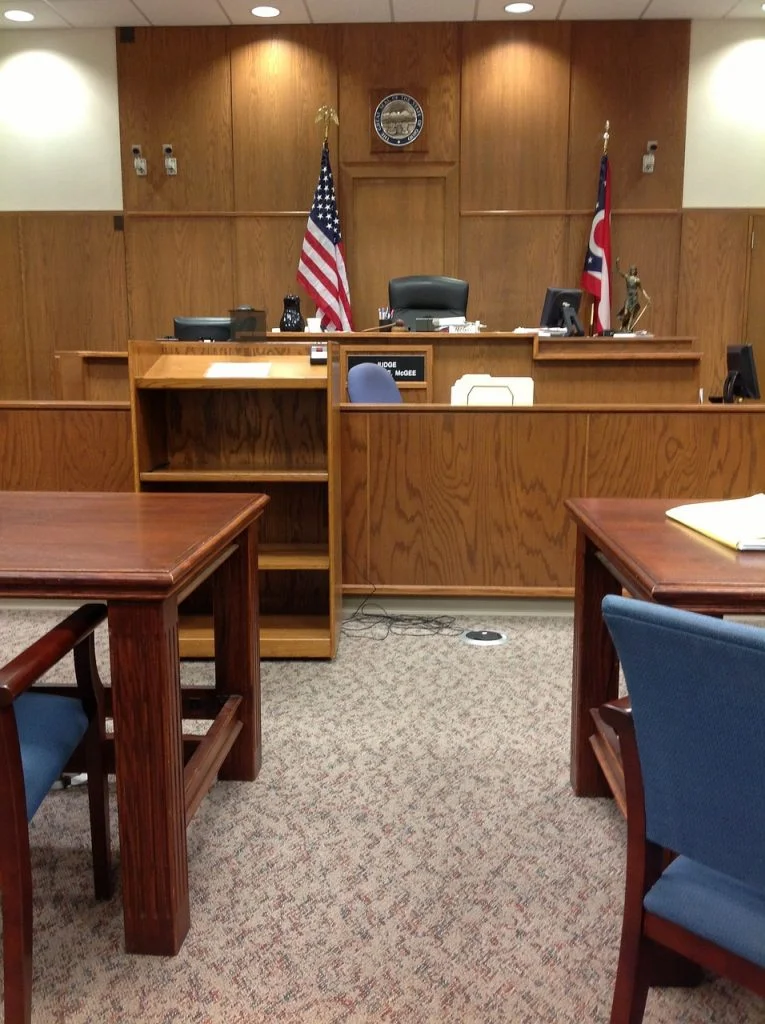Over-the-Counter Medications that can Cause a False-Positive for Methamphetamine
Drug testing has become a commonplace requirement in various aspects of modern life, from employment screenings to compliance with legal and medical guidelines. While these tests are essential for ensuring safety and adherence to regulations, they are not infallible. One significant issue is the occurrence of false positive results, where a test indicates the presence of a drug when it is not actually there. Among the most common types of false positives is methamphetamine. Surprisingly, certain over-the-counter (OTC) medications can lead to false positives for methamphetamine. This article explores these medications and provides guidance on how to verify which medication might be causing the false positive result. Common OTC Medications That Can Cause False Positives Pseudoephedrine and Ephedrine Usage: These are common decongestants found in many cold and allergy medications, such as Sudafed and Actifed. Reason for False Positive: Pseudoephedrine and ephedrine have a chemical structure similar to methamphetamine, which can result in cross-reactivity in drug tests, leading to a false positive. Phenylephrine Usage: Often used as a substitute for pseudoephedrine in decongestants to avoid restrictions on purchase, found in medications like Sudafed PE. Reason for False Positive: Although less common than pseudoephedrine, phenylephrine can still cause false positives due to its similar stimulant properties. Certain Antihistamines Usage: Antihistamines such as diphenhydramine, found in Benadryl, and doxylamine, found in NyQuil, are used to treat allergy symptoms and insomnia. Reason for False Positive: These substances can sometimes interfere with the assays used in drug testing, leading to false positives for methamphetamine. Labetalol Usage: This is a medication used to treat high blood pressure. Reason for False Positive: Labetalol can be metabolized into a substance that can be mistaken for methamphetamine in certain drug tests. Phentermine Usage: A prescription medication used for weight loss, available in some OTC supplements. Reason for False Positive: Phentermine is chemically similar to amphetamine and methamphetamine, which can lead to a false positive result. Confirming and Addressing False Positive Results If you receive a false positive result for methamphetamine, it is crucial to verify the result to avoid unwarranted consequences. Here are steps to take: Disclose All Medications: Inform the testing administrator about all OTC and prescription medications you are taking. This can help interpret the test results more accurately. Request a Confirmation Test: Most initial drug screenings use immunoassay tests, which are prone to false positives. Request a confirmation test using more precise methods, such as gas chromatography-mass spectrometry (GC-MS) or high-performance liquid chromatography (HPLC). These tests are more specific and can differentiate between methamphetamine and similar substances. Review the Testing Procedure: Ensure that the testing facility follows proper procedures to avoid contamination or errors. Inaccurate handling or labeling can also lead to false positives. Consult with a Medical Professional: A healthcare provider can assist in reviewing the test results and may provide a medical review officer (MRO) to interpret the results in the context of your medical history and medications. Keep Documentation: Maintain a record of all medications you are taking, including OTC drugs, prescriptions, and supplements. This documentation can be vital in explaining a false positive result. Use a Different Testing Method: If false positives persist, consider using a different drug testing method that is less prone to cross-reactivity with common medications. Conclusion False positive drug test results for methamphetamine can have significant repercussions, from job loss to legal issues. Understanding that certain OTC medications can cause these false positives is crucial for mitigating such risks. Pseudoephedrine, phenylephrine, certain antihistamines, labetalol, and phentermine are some common culprits. By being proactive—disclosing all medications, requesting confirmation tests, reviewing testing procedures, consulting medical professionals, and keeping thorough documentation—you can better manage and potentially avoid the adverse effects of a false positive result. The Baton Rouge criminal defense attorneys at Big River Trial Attorneys help people who are fighting drug charges and other types of criminal accusations. If you are dealing with a drug charge in the Baton Rouge area, give us a call at (225) 963-9638 to schedule a consultation.





